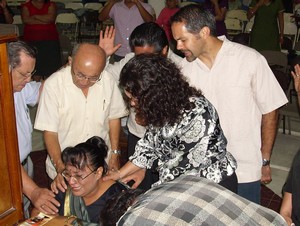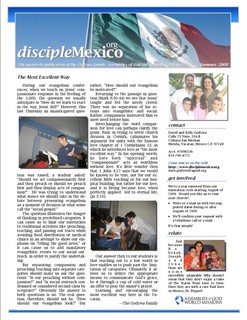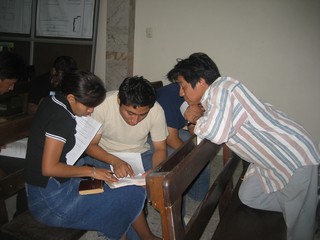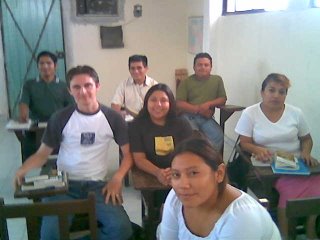 Here on the mission field, we’ve come to recognize that it is important to take advantage opportunities. Take the grocery store for example. Certain staples that we depended on in the US, like applesauce, make appearances for a limited time only. So, when we saw the display of “puré de manzana” at the local Wal-Mart, we bought 5 jars.
Here on the mission field, we’ve come to recognize that it is important to take advantage opportunities. Take the grocery store for example. Certain staples that we depended on in the US, like applesauce, make appearances for a limited time only. So, when we saw the display of “puré de manzana” at the local Wal-Mart, we bought 5 jars.
Of course, taking advantage of opportunities requires a certain amount of preparation. First, you have to be looking for them. If we had decided that we would never see applesauce again, it’s possible that we would have passed by the display without even noticing. Second, you have to be able to make the investment. A hand-to-mouth style of living doesn’t allow wiggle room for large purchases, so without the needed cash we would have had to pass up the sweet appley goodness.
Ministry can be the same way. Opportunities arise at time when we least expect it. Take this week: a casual dinner conversation turned to a daughter in need; a meeting the next day touched on the subject of a marriage in trouble; and a greeting after service brought with it a story of sickness and family strife. How would we view each situation? Would we see them as opportunities to apply the gospel we preach and teach or would they be taken as distractions in our otherwise busy day?
I’m happy to say that each situation that I mentioned we took the opportunity to minister. A daughter was counseled, a marriage encouraged, and a fellow believer prayed for. Still, I wonder, did we see all of the opportunities? Was God working in other ways that we weren’t prepared for? Or perhaps we simply weren’t willing to invest?
Paul asks the Ephesians for prayer in chapter 6 verses 18-20 that he might boldly speak the gospel. I believe that this petition not only has to do with attitude but also with availability. Paul wrote his letter in chains. He did not have the freedom to travel and to teach. It would have been easy to say that others now need to take up the work, that now was his time to rest. He could have closed himself off from the world, and yet he asked for prayer so that he would “open his mouth” to share.
We too ask for that prayer, that we who have been called as ambassadors of Christ will take advantage of every opportunity available to us. That we will be able to recognize how God is working in each situation and align ourselves to cooperate with Him as He carries out his mission here in Mexico and around the world.
Oh, and if you’ve got the scoop on where to find some Twizzlers here in Mérida we’re ready to buy.

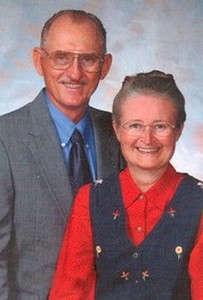
 Preaching Friday night, teaching Saturday morning, a week long class next week, the schedule keeps on piling up. The difference is, I’m not the one who’s dealing with it, it’s Kelly. Being invited to preach in a youth service, leading a Saturday Morning Kid’s Service, and teaching during our church’s Vacation Bible School has kept Kelly occupied, planning and preparing. So much so that I’ve decided to take some flying lessons. No, not that type of flying.
Preaching Friday night, teaching Saturday morning, a week long class next week, the schedule keeps on piling up. The difference is, I’m not the one who’s dealing with it, it’s Kelly. Being invited to preach in a youth service, leading a Saturday Morning Kid’s Service, and teaching during our church’s Vacation Bible School has kept Kelly occupied, planning and preparing. So much so that I’ve decided to take some flying lessons. No, not that type of flying. 